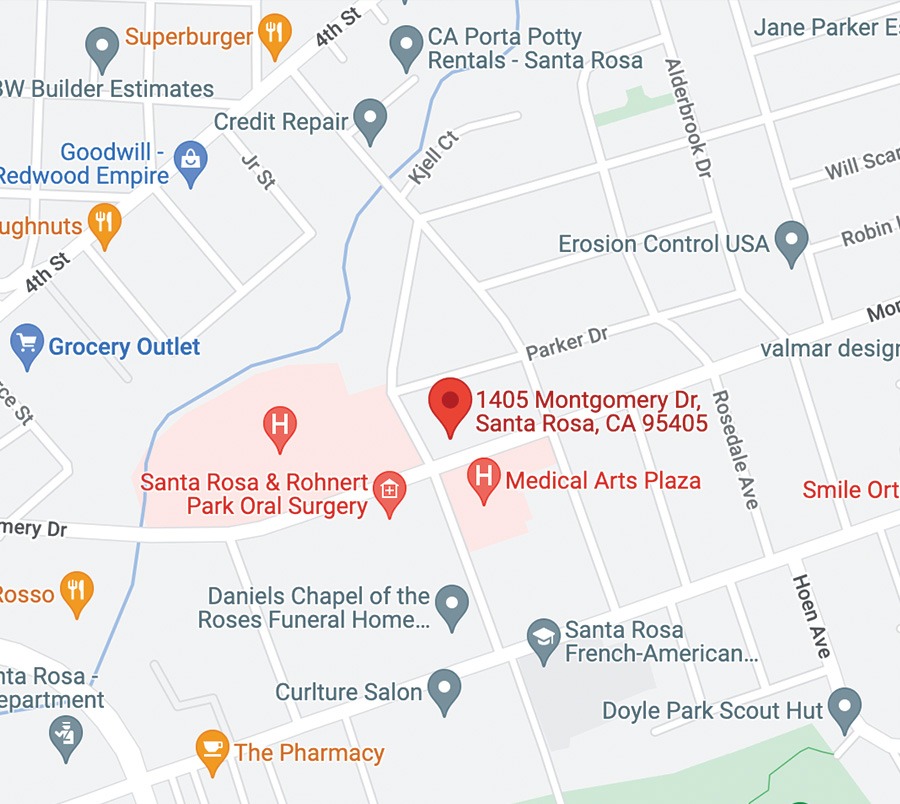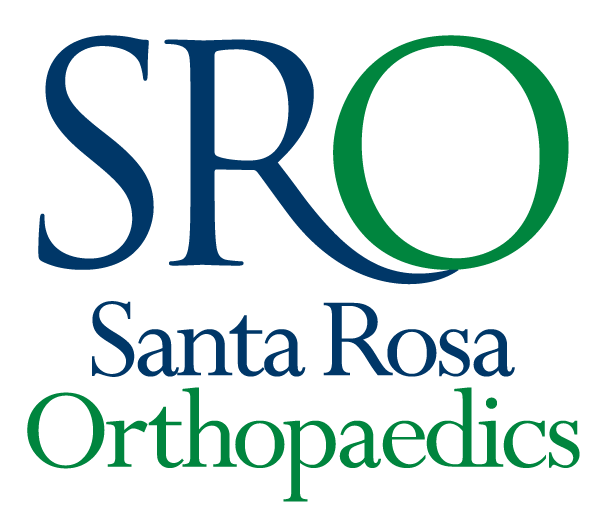Just one hour a week of brisk walking — as if you are late to an appointment or trying to make a train — staves off disability in older adults with arthritis pain, or aching or stiffness in a knee, hip, ankle or foot, reports a new Northwestern Medicine study.
“This is less than 10 minutes a day for people to maintain their independence. It’s very doable,” said lead author Dorothy Dunlop, professor of preventive medicine at Northwestern University Feinberg School of Medicine. “This minimum threshold may motivate inactive older adults to begin their path toward a physically active lifestyle with the wide range of health benefits promoted by physical activity.”
The study will be published April 1 in the American Journal of Preventive Medicine.
An estimated 14 million older adults in the U.S. have symptomatic knee osteoarthritis, which is the most common form of osteoarthritis. Approximately two in five people with osteoarthritis — most of whom have it in their lower joints — develop disability limitations.
The study found an hour of weekly moderate-to-vigorous physical activity allowed older adults to maintain their ability to perform daily tasks like getting dressed or cross a street before a traffic light walk signal changed.
The weekly hour of exercise reduced their risk of mobility disability (walking too slowly to safely cross a street or less than one meter per second) by 85 percent and their risk of activities of daily living disability (difficulty performing morning routine tasks such as walking across a room, bathing and dressing) by almost 45 percent.
Four years after the start of the study, 24 percent of adults who did not get the weekly hour of brisk physical activity were walking too slowly to safely cross the street, and 23 percent reported problems performing their morning routine.
Study investigators analyzed four years of data from more than 1,500 adults in the national Osteoarthritis Initiative from Baltimore, Pittsburgh, Columbus and Pawtucket, Rhode Island. The adults all had pain, aching or stiffness in lower extremity joints from osteoarthritis but were free of disability when they began the study. Their physical activity was monitored using accelerometers.
“Our goal was to see what kind of activity would help people remain free of disability,” Dunlop said.
Federal guidelines recommend older adults with arthritis should participate in low-impact activity. For substantial health benefits including reducing the risk for heart disease and many other chronic diseases, these guidelines recommend older adults participate in at least 2.5 hours a week of moderate-intensity activity.
But that level of activity can be daunting for inactive older adults with lower extremity pain, Dunlop said.
“We hope this new public health finding will motivate an intermediate physical activity goal,” Dunlop said. “One hour a week is a stepping stone for people who are currently inactive. People can start to work toward that.”
Other Northwestern authors include Rowland Chang, Jing Song, Jungwha Lee, Pamela Semanik and Leena Sharma.
The research was supported in part by National Institute of Arthritis and Musculoskeletal Diseases of the National Institutes of Health (NIH) grants R01-AR054155, P30-AR072579 and P60-AR48098, and the Falk Medical Trust. The Osteoarthritis Initiative data were funded through a public-private partnership comprising five contracts (N01-AR-2-2258, N01-AR-2-2259, N01-AR-2-2260, N01-AR-2-2261, N01-AR-2-2262) awarded by NIH.
Story Source: Read this article on Science Daily —> Northwestern University. “Just an hour of weekly walking staves off disability: All brisk walking, even short walks, help prevent disability in older adults with osteoarthritis.” ScienceDaily. ScienceDaily, 1 April 2019. www.sciencedaily.com/releases/2019/04/190401075155.htm.
SRO physicians believe that improved patient outcomes result from two essential factors: specialized expertise and comprehensive care. A recognized Center of Excellence serving North Bay patients for more than 70 years, SRO offers board certified and fellowship trained sub-specialists who combine their extensive knowledge and experience with innovative surgical techniques.
Our professional team of physicians, medical assistants, physical and occupational therapists, and support staff work together to ensure that each patient benefits from our extraordinary continuum of care. Call (707) 546-1922 for more information.

